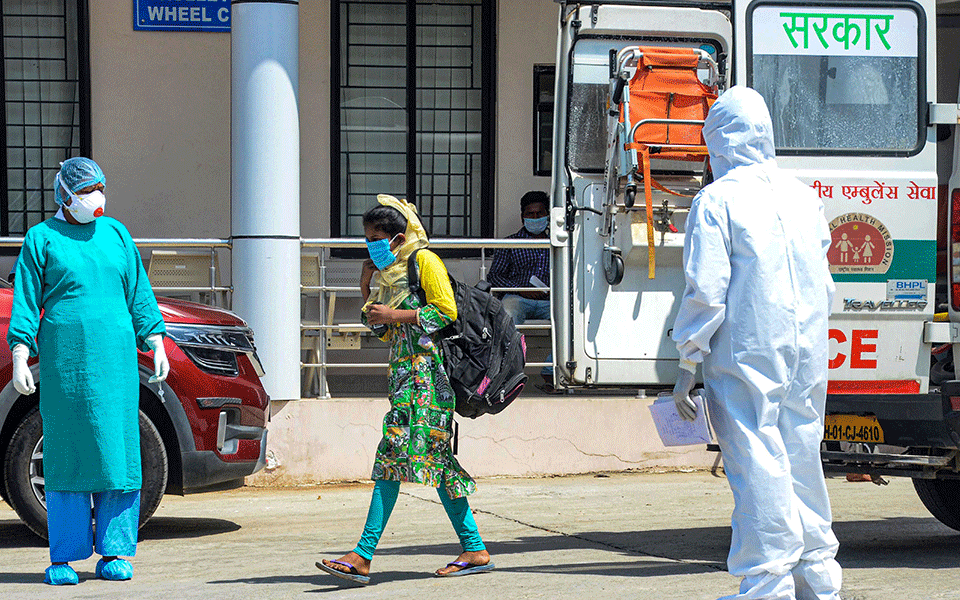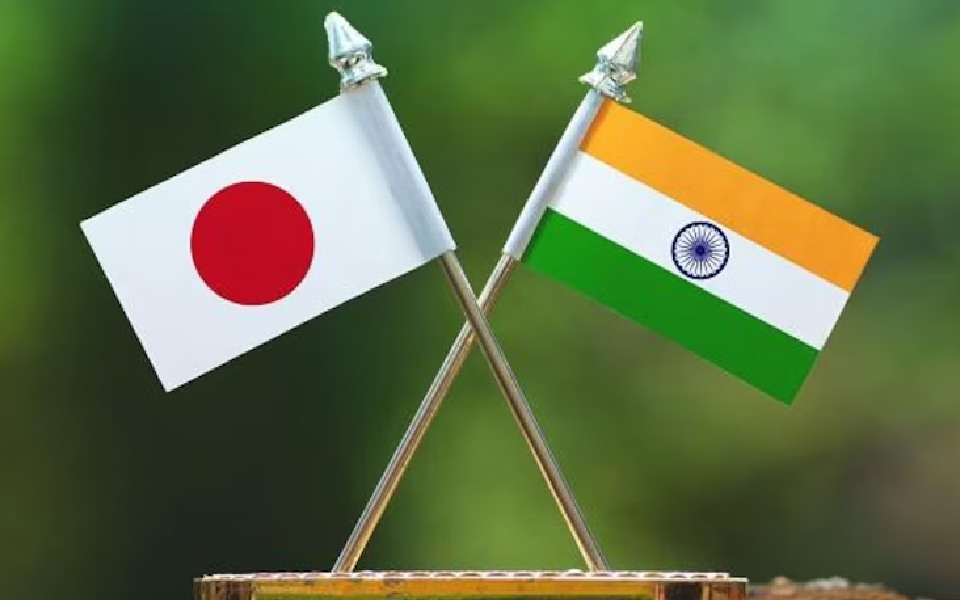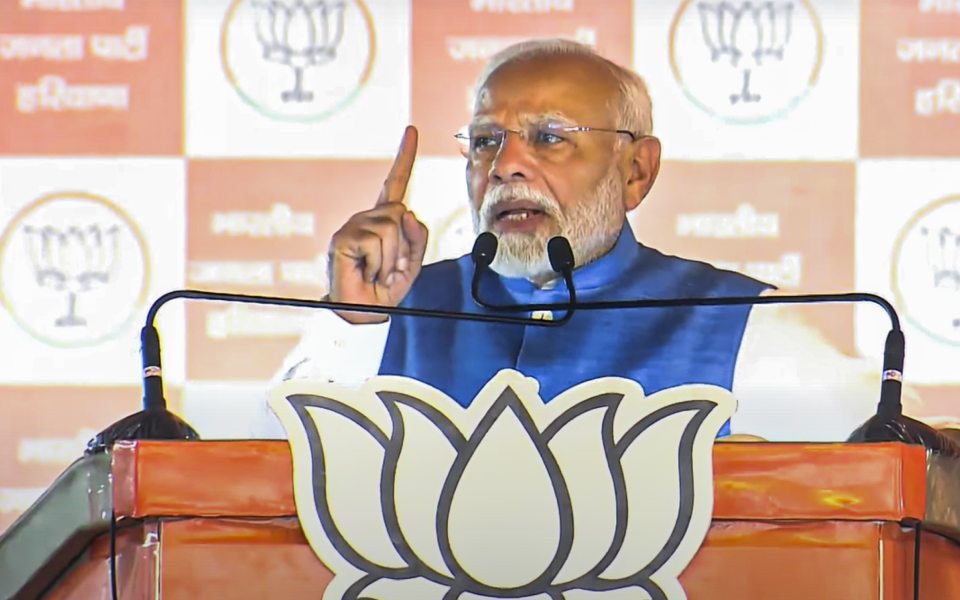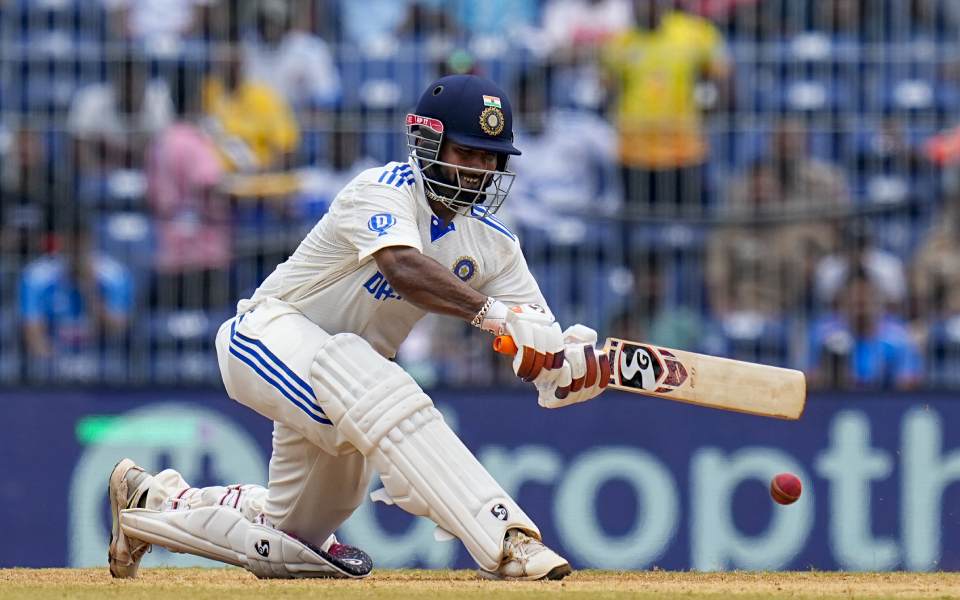New Delhi, Mar 16: The Centre on Thursday asked six states -- Maharashtra, Gujarat, Telangana, Tamil Nadu, Kerala and Karnataka -- to follow a risk assessment-based approach to prevent and contain the spread of COVID-19 infections, citing a possible localised spread of the virus.
"There are a few states which are reporting higher numbers of cases indicating possible localised spread of infection," Union Health Secretary Rajesh Bhushan has said in a letter to these states.
Bhushan advised these states to examine the situation of COVID-19 at micro-level and maintain focus on implementation of necessary measures for prompt and effective management of the disease, duly ensuring effective compliance with various advisories issued by the Ministry of Health.
Asking the states to keep a strict watch, he mentioned that India has observed a significant decline in the number of COVID-19 cases during the past few months.
However, since the past few weeks a rise in cases has been noted specifically in certain parts of the country with a total of 2,082 cases being reported in the week ending March 8 and the figure rising to 3,264 cases in the week ending March 15.
"There is a need to follow a risk assessment-based approach to prevent and contain the infection, without losing the gains made so far in the fight against the pandemic," Bhushan wrote.
He stressed on monitoring new and emerging clusters of new COVID-19 cases, influenza-like illness (ILI) and severe acute respiratory infection (SARI) cases in all health facilities or through dedicated fever clinics on a regular basis for detecting early warning signals of the spread of infection.
He also stressed on genomic sequencing for prescribed samples of international passengers, collection of samples from sentinel sites (identified health facilities), and local clusters of cases, proactive promotion to increase administration of precaution dose for all eligible beneficiaries and following Covid-appropriate behaviour particularly in enclosed spaces and in crowded spaces.
"It is essential that the state must maintain a strict watch and take pre-emptive action if required in any areas of concern to control emerging spread of infection," Bhushan said.
He mentioned that Maharashtra has reported an increase in weekly cases from 355 in the week ending March 8 to 668 in the week ending March 15. Further, the state reported a positivity rate of 1.92 per cent in the week ending March 15 which is higher than India's positivity rate of 0.61 per cent during the same period.
Gujarat has reported an increase in weekly cases from 105 in the week ending March 8 to 279 in the week ending March 15, the letter stated. Further, the state reported a positivity rate of 1.11 per cent in the week ending March 15.
Telangana has reported an increase in weekly cases from 132 in the week ending March 8 to 267 in week ending March 15. Further, the state reported a positivity rate of 0.31 per cent in the week ending March 15.
According to the letter, Tamil Nadu has reported an increase in weekly cases from 170 in the week ending March 8 to 258 in the week ending March 15. Further, the state reported a positivity rate of 1.99 per cent in the week ending March 15.
Kerala has reported an increase in weekly cases from 434 to 579 during the period. Further, the state reported a positivity rate of 2.64 per cent in the week ending March 15.
Karnataka has reported an increase in weekly cases from 493 to 604 during the period. The state reported a positivity rate of 2.77 per cent in the week ending March 15.
Let the Truth be known. If you read VB and like VB, please be a VB Supporter and Help us deliver the Truth to one and all.
New Delhi, Sep 25: India ranks third in the annual Asia Power Index, released by an Australian think-tank, surpassing Japan on the back of strong post-COVID 19 economic growth, while China's power appeared to plateau just below the United States.
The Sydney-based Lowy Institute has put the US at the top of its Asia Power Index with a score of 81.7, followed by China with a score of 72.7, India (39.1), Japan (38.9), Australia (31.9) and Russia (31.1).
The Index ranks 27 countries and territories in terms of their capacity to shape their external environment -- its scope reaching as far west as Pakistan, as far north as Russia and as far into the Pacific as Australia, New Zealand and the US.
The index has cited economic growth, future potential and diplomatic influence as key factors for India's rise. However, it has pointed out that New Delhi's clout remains below the potential promised by its resources.
"India has shown remarkable post-pandemic economic recovery, contributing to a 4.2-point rise in its economic capability. India's massive population and strong GDP growth reinforce its standing as the world's third-largest economy in PPP terms," the think tank has said.
It has noted that Prime Minister Narendra Modi's leadership has garnered greater international recognition.
The think tank has said India's non-aligned strategic posture has allowed it to navigate complex international waters effectively.
It has said India's participation in dialogues as well as its leadership in the Quad has allowed New Delhi to play a significant role in regional security dynamics, albeit outside of formal military alliances.





